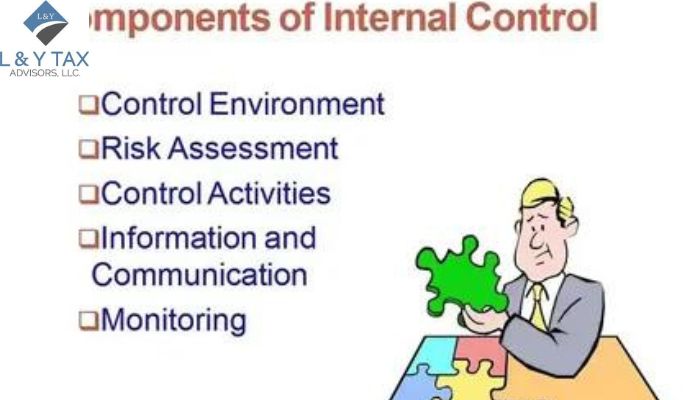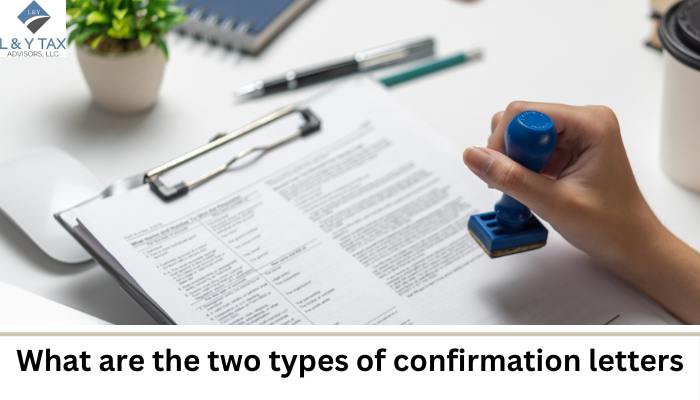
What is a Component Auditor?
Group audits are much more complex when evaluating a parent business’s financial standing and its many units. This is where a component auditor comes into action. But what is a component auditor?
The financial industry may seem complicated, mainly when working with big businesses that have operations abroad. Component auditors are essential to guaranteeing the reliability and correctness of group audits.
Who is a Component Auditor?
A competent individual in charge of auditing the financial accounts of separate businesses within a more extensive group is known as a component auditor. These organizations are sometimes called “components,”. They can be:
- Joint ventures
- Subsidiaries
- Affiliates
The component auditor’s work directly supports the group audit carried out by a different, usually bigger, audit company.
Why are Component Auditors Needed?
It is difficult for more prominent companies with widely distributed activities to carry out a single, thorough audit. It may only be feasible for a single audit team to manage part of the procedure. It can be due to:
- Logistical constraints
- Differences in accounting rules between various nations
They efficiently audit the financial accounts of individual components, utilizing their knowledge of particular legislation and local experience. Their efforts give the primary audit team an impartial and trustworthy evaluation of each component’s financial stability.
Read about the IRS & state audit representation.
Significance of Component Auditors
Component auditors are essential to guarantee the validity of group audits. Their independent evaluation of each component gives a further degree of confidence that the group’s consolidated financial statements correctly reflect its genuine financial health. This gives regulatory agencies and investors trust, in addition to helping the parent firm and its stakeholders.
What Does a Component Auditor Do?
Component auditors carry out a variety of duties that are necessary for the group audit. Among these are:
Examining Financial Statements
They carefully review the financial statements created by the component’s management team. This ensures they fulfill accounting requirements and fairly portray the entity’s performance and economic status.
Analyzing Financial Statements
Component auditors conduct several processes to confirm the accuracy of the financial statements, just like a full-fledged audit.
To do this, it is necessary to:
- Analyze transactions
- Verify internal controls
- Get external balance confirmation
Reporting to the Group Auditor
Following the completion of their audit procedures, component auditors draft a comprehensive report describing their conclusions, findings, and any areas of concern. The primary audit team in charge of the group audit then receives this report.
The Bottom Line
Understanding what is a component auditor helps you learn about their knowledge of regional laws and carefully analyze each unique entity. These experts enhance the overall correctness and reliability of the group’s financial picture. The importance of component auditing in preserving confidence and openness in the financial reporting environment will only grow as multinational corporations continue to grow.
Read More:


